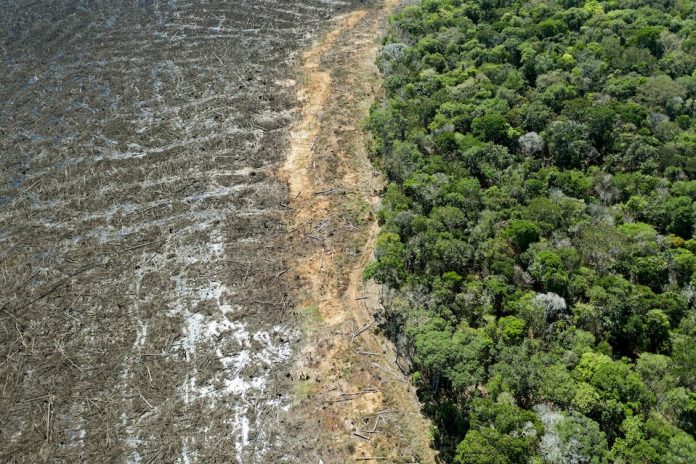Nowadays, the term “greenwashing” has become so ubiquitous that it risks negating almost any attempt to transition to net zero, Politico reports.
Environmentalist Jay Westerveld coined the term “greenwashing” in 1986 when he noticed signs hanging in hotel bathrooms asking guests to reuse their towels to save the planet. At the time, he wondered why hotels were shifting responsibility to their guests.
Today, voluntary carbon markets, in which carbon units are traded, are accused of “greenwashing.” Corporations can presumably use them to offset their emissions and secure additional carbon savings.
Carbon credits associated with forestry initiatives have recently been in the spotlight of critics. Companies have been accused of using these credits as compensation to avoid responsibility for reducing their own emissions.
Some accusers have argued that forest-related credits do not provide real carbon savings and do not benefit local communities. As a result, trust in the market has been undermined, cutting off a potentially vital financial source for forest countries.
The problems with forest carbon markets proved to be real. Without healthy forests, especially tropical ones, countries will not be able to stay within the target global warming limit of 1.5 degrees Celsius. Moreover, dead forests are now worth far more than living ones.
Turning forests into land for agricultural use or urban and infrastructure development generates jobs and funds public services. This is why advanced countries are destroying much of their forests as part of development.
However, rainforest countries are eager to change the situation. They want the world to unite with them in rethinking incentives in favour of forest conservation, since carbon markets can shift the economic balance towards protecting and restoring forests.
They propose that all investment in forest carbon credits be eliminated as greenwashing poses a threat to forests. Research reveals that companies participating in a carbon market are almost twice as likely to decarbonise their operations and three times more likely to invest in reducing their emissions than those that do not.
Governments have done much work to ensure the integrity of forest carbon operations. This includes the establishment of the UN REDD+ framework for “reducing emissions from deforestation and degradation in developing countries.” The framework underpins the emerging supply of credits from large-scale jurisdictional approaches, often involving entire countries.
Such credits are increasingly becoming subject to independent verification and validation, so corporations can be confident they deliver the expected environmental outcomes and that the necessary safeguards exist.
Thanks to government efforts, high quality carbon credits are now entering the market. As confidence in the quality of these credits grows, demand and prices should also grow, creating better incentives to protect and restore forests.
A well-functioning forest carbon market can help free up billions in urgently needed funds to protect and restore forests, as well as allow the communities that care for them to continue and expand their activities.
